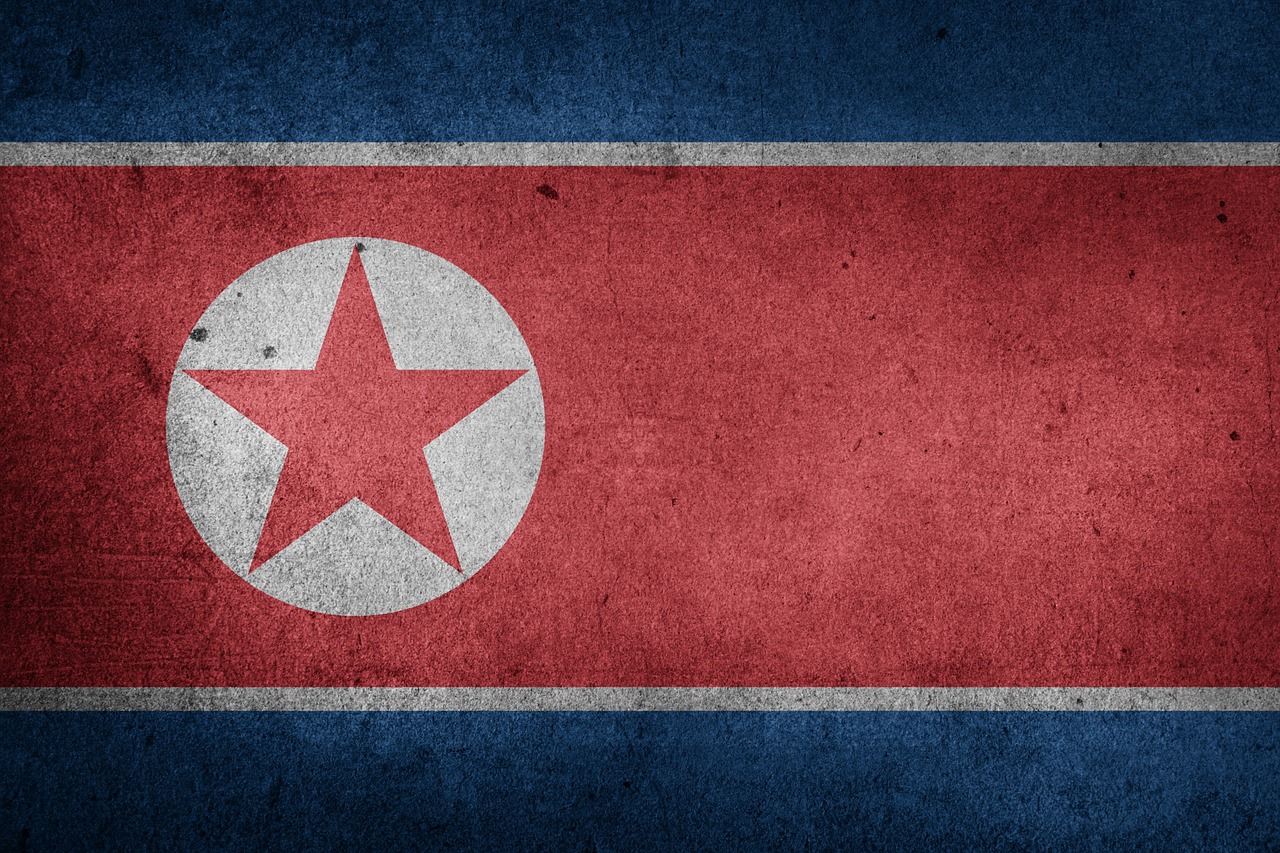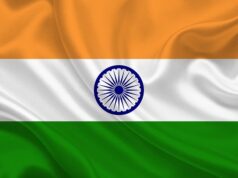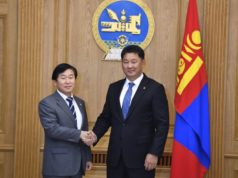
The North Korean economy slumped in the past year as much as it has done since the hunger crisis in the 1990s. This was announced by the South Korean Central Bank (BOK) on Friday. In particular, international sanctions and the ongoing drought hit the country hard.
The South Korean central bank announced that the gross domestic product (GDP) of the communist country declined by 4.1 percent last year, after having already slumped by 3.5 percent in 2017. The year-on-year decline was the largest decline since 1997, when the country was facing a severe famine. At that time, about three million people were killed.
South Korea’s central bank uses the figures collected by the Seoul government and intelligence services for its estimates. The bank’s survey includes monitoring the size of rice fields in border areas, traffic monitoring and interviews with defectors.
The strictly isolated north does not publish economic data itself. North Korea has important mineral resources and was once richer than the South. Decades of mismanagement and the collapse of the supporter Soviet Union, however, led the country into bitter poverty.
Ten million people threatened by hunger
Most recently, the international economic sanctions that have been imposed on North Korea for its nuclear weapons and missile tests have increasingly hit the country. As a result of the penalties, exports fell by more than 85 percent in the previous year, as the BOK reported. The country exports coal, fish and textiles, among other things. International trade halved. In 2017, the total North Korean exports fell by just over 37 percent.
North Korean Gross National Income totaled around 35.8 billion euros last year, or just two percent of South Korea’s national income. The annual per capita income is only about 1,300 US dollars (about 1,170 euros). According to BOK data, North Korea’s per capita income is about 3.9 percent of that in South Korea.
Apart from the sanctions, North Korean agriculture was heavily hit by heat waves last year, said a representative of AFP’s bank. Just recently, the World Food Program (WFP) reported that at least 10 million of North Korea’s 25 million North Koreans were at risk of starvation. Much of the population relies on state food rations. According to WFP, the recent harvest was as bad as it had been for ten years after droughts, heat waves and floods.
Talks about nuclear dispute falter
North Korea recently asked the United States, at several historic meetings between ruler Kim Jong Un and US President Donald Trump, to lift the sanctions „in their entirety“ because of the precarious economic situation, which Trump rejected. The US and South Korea suspected that stricter international sanctions were crucial for the North Korean ruler to pursue any talk of denuclearization.
But despite the meetings, talks about a relaxation in the nuclear dispute with North Korea did not progress. Only on Thursday, the country fired again from two short-range missiles. The National Security Council in Seoul, South Korea’s capital, believed that a new type of ballistic missile had been tested.
Its self-proclaimed nuclear power North Korea has called its recent weapons test a warning to South Korea. In the test, a „tactical missile of a new type“ was fired in the presence of Kim, reported the state media. The test was a reaction to the introduction of modern weapons by South Korea and its military exercises.
Trump is reluctant
The US government reacted cautiously to Pyongyang’s action. Trump said he has good relations with Kim. „They have not really tested anything but small missiles … something that many are testing,“ Trump told Fox news channel. From the White House it was scarce, you know the reports about the rocket launches, but do not comment on it. A spokeswoman for the US State Department dodged questions as to whether the government took Pyongyang’s action as a provocation.



